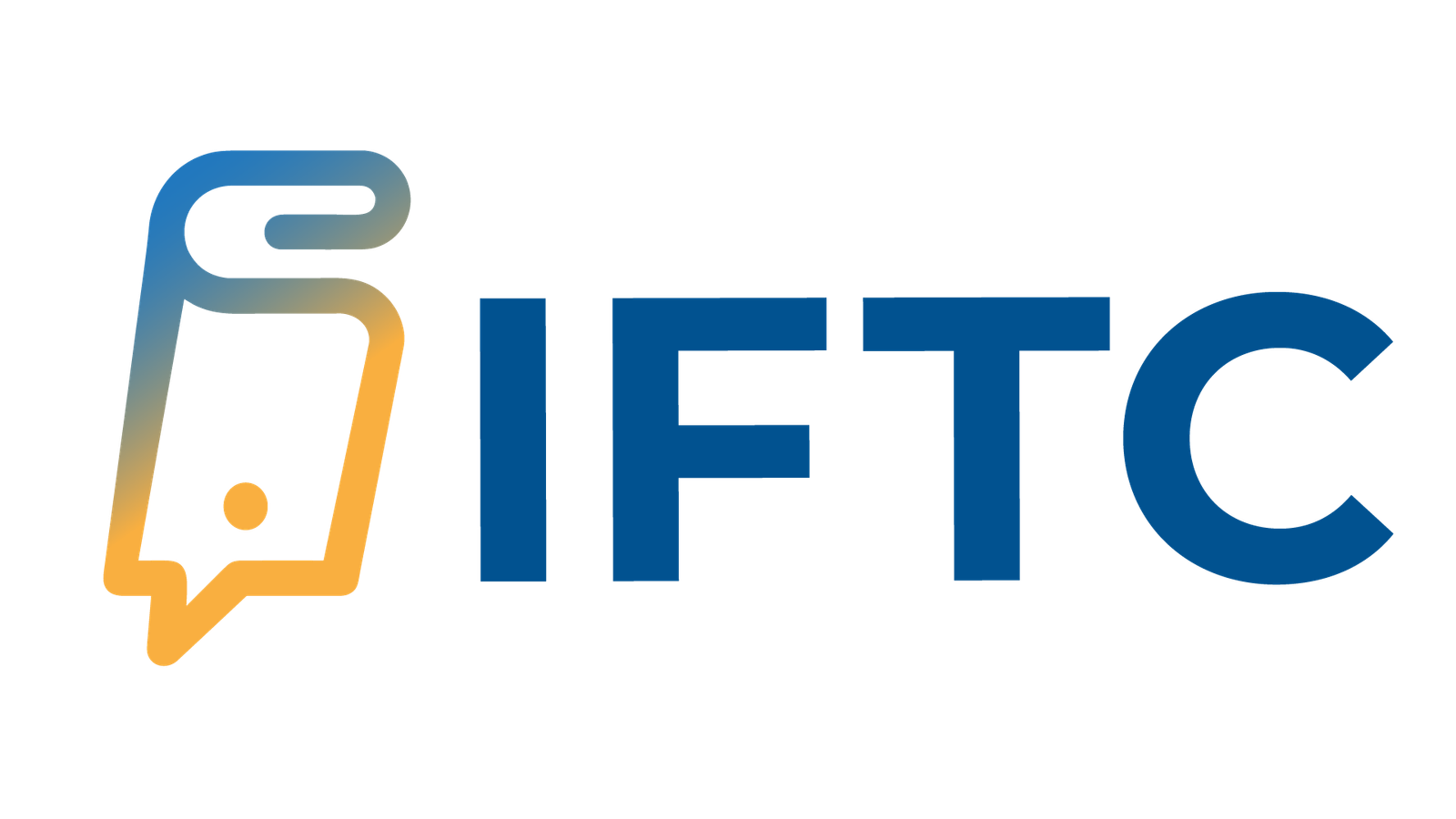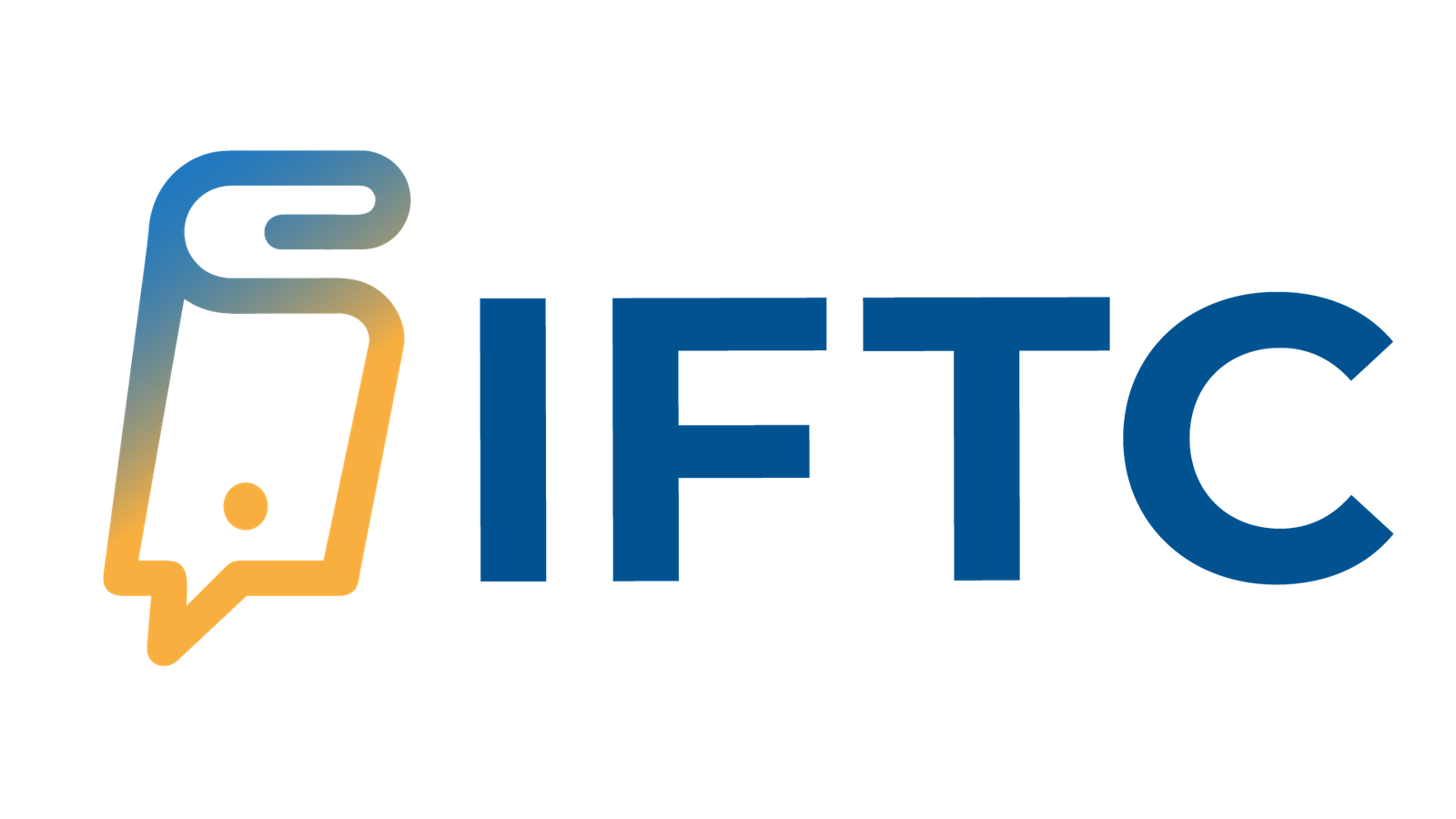
From MBA to CEO: How the Search Fund Model is Reshaping the Path to Business Ownership
Introduction
In today’s rapidly evolving business landscape, the journey from business school to the C-suite is no longer confined to traditional corporate ladders. An emerging alternative gaining traction among MBA graduates is the Search Fund model. Instead of joining established firms or launching risky startups, a growing number of business school alumni are choosing to buy and operate small, profitable businesses. This innovative approach is redefining entrepreneurship, offering autonomy, stability, and the thrill of leadership from day one.
What is a Search Fund?
A search fund is an investment vehicle through which an individual or a group of entrepreneurs, often recent MBA graduates, raise capital from investors to search for, acquire, and operate a privately held company. The target is typically a stable, cash-flow-positive business with strong growth potential but lacking a clear succession plan. Once acquired, the entrepreneur steps in as CEO, aiming to grow and improve the business while generating returns for investors.
Why It’s Gaining Popularity
The traditional post-MBA paths—consulting, investment banking, or corporate roles—are often lucrative but come with long hours, limited autonomy, and slow career progression. In contrast, the search fund route offers:
- Immediate leadership: Instead of waiting years for a promotion, search fund entrepreneurs become CEOs early in their careers.
- Entrepreneurship without ideation: It’s a path to business ownership without the risks and uncertainties of starting from scratch
- Strong investor support: Searchers are backed by experienced investors who provide not only capital but also mentorship and strategic advice.
- Impactful work: Many small businesses are cornerstones of their communities, offering a chance to make a meaningful difference.
Real-Life Success Story
Consider the case of Dan Schweber, a healthcare consultant turned entrepreneur. After graduating from business school, he raised $480,000 to fund his search. Within months, he acquired a modest duct-cleaning company generating $4 million in revenue. Leveraging his strategic skills and investor support, Schweber scaled the business to a projected $7 million and set a long-term target of $25 million. His journey exemplifies how the search fund model empowers MBAs to take charge and drive real growth.
Who Is a Good Fit for This Model?
While appealing, the search fund path isn’t for everyone. It demands:
- Strong leadership and operational skills
- A long-term commitment to building and growing a business
- Financial acumen and strategic thinking
- Willingness to work outside major metro areas
Those with a passion for entrepreneurship, a tolerance for ambiguity, and the ability to build teams often thrive in this model.
Educational Implications: Preparing MBAs for Acquisition Entrepreneurship
Business schools are responding to this trend by integrating acquisition entrepreneurship into their curricula. Leading programs such as Stanford and Harvard now offer dedicated courses, case studies, and alumni panels focused on search funds. Topics typically include:
- Company sourcing and evaluation
- Deal structuring and financing
- Operational transformation
- Leadership and team building
Additionally, student-led search fund clubs and investor-in-residence programs provide real-world exposure and networking opportunities.
Challenges and Risks
Despite its appeal, the search fund journey is not without obstacles. Common challenges include:
- Finding the right company: Many searchers spend 12-24 months sourcing deals.
- Managing operations: First-time CEOs must quickly adapt to leading diverse teams and handling day-to-day challenges.
- Investor expectations: With capital comes accountability, and entrepreneurs must deliver returns
Proper preparation, mentorship, and a supportive ecosystem are critical to overcoming these hurdles.
The Globalization of Search Funds
Originally popular in North America, search funds are now gaining traction globally. Emerging markets in Latin America, Europe, and Southeast Asia are seeing a surge in activity, driven by:
- An abundance of small, owner-operated businesses
- Limited succession planning in family firms
- Growing interest from local and international investors
This globalization trend opens exciting opportunities for international MBAs and global-minded entrepreneurs.
Conclusion: The Future of Leadership Through Acquisition
The search fund model is not just a fad; it represents a fundamental shift in how MBAs approach entrepreneurship and leadership. It empowers ambitious individuals to bypass traditional gatekeepers, create value in overlooked sectors, and become impactful business leaders early in their careers. For business schools, investors, and aspiring entrepreneurs, understanding and embracing this trend is key to shaping the future of business management.



